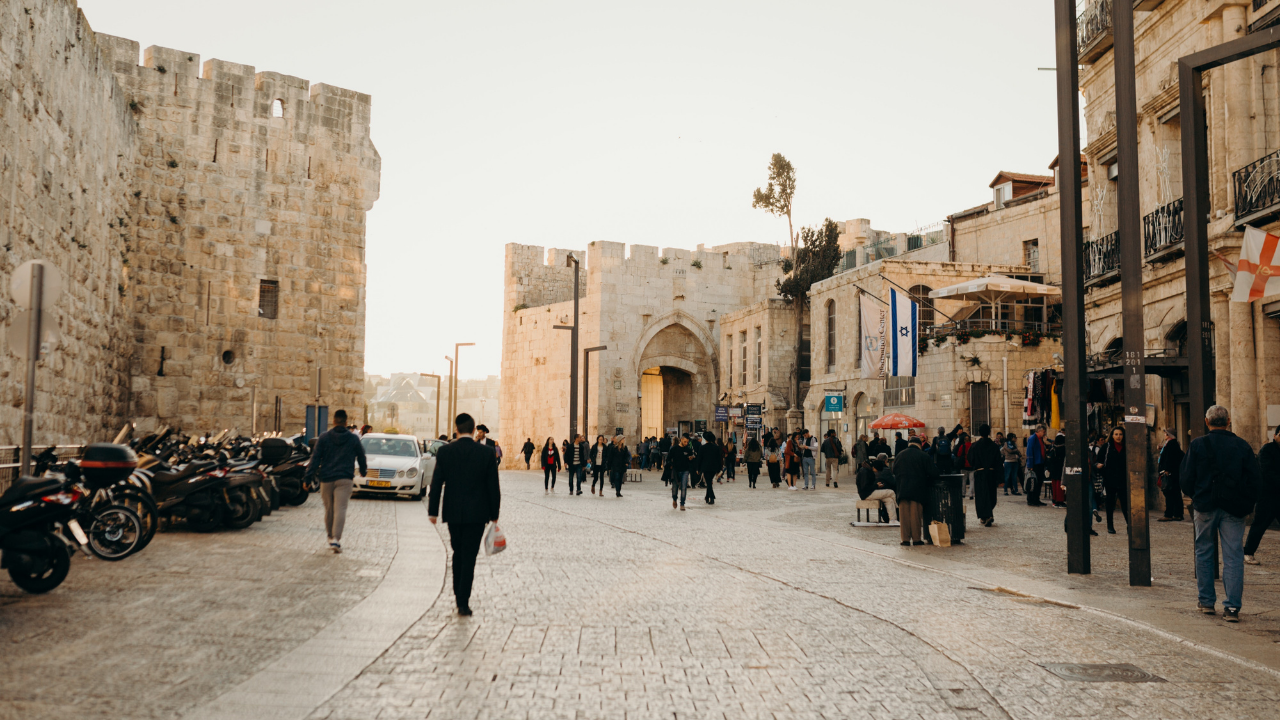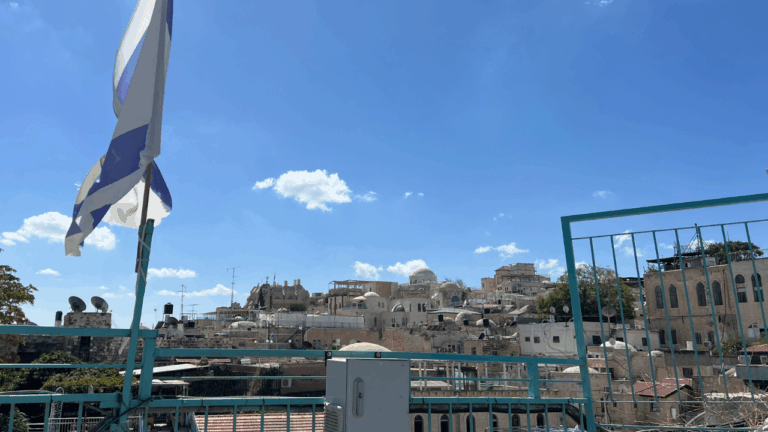Strangers At Home
This Monday we will be celebrating the 54th birthday of renewed Jewish sovereignty over the Old City of Yerushalayim. We have much to be thankful for. Yerushalayim of today is teeming with Jews and Jewish life in a way that has not existed since the days of the second Beit HaMikdash. Not for the last two thousand years have so many people been able to approach the holiest spot on earth and pray at the Kotel. In many ways, the Jewish people feel like we are the owners of Yerushalayim.
But while feeling at home in our holy city is certainly admirable and desirable, this week’s parsha warns against a certain negative feeling of ownership. While one would assume that a Jewish person should feel like a “resident” and “owner” in the Land of Israel, the Torah surprises us with the following statement:
The land shall not be sold permanently, for the land belongs to Me, for you are strangers and citizens with Me.
The Torah teaches us that even an ancestral owner of a plot of land cannot sell his land forever since he is but a “stranger.” What does it mean that we are strangers in the Land of Israel? How can we be foreign interlopers in our own land amongst our own people?
One explanation touches upon a fundamental idea regarding how we relate to the Land of Israel. The Sifra has the following comment on this pasuk:
’for you are strangers’ – do not make yourselves primary (ikar)… when it becomes mine, then it is yours.
The Midrash seems to be teaching us that even the Jewish people have no inherent right to the Land of Israel. Rather, “the land belongs to [Hashem].” This militates against our sense of complete ownership over the Land as, from a certain perspective, we are perpetual “strangers” in God’s home.
But the Torah’s description does not end with the word “stranger.” It is precisely the realization that we have no inherent rights over our portion of the Land that transforms us into residents. We gain an attachment to our portion of the Land through the sense that we are strangers there and it is God who ultimately grants us whatever we have. When we recognize that it belongs to God, then and then alone do we become junior partners with Hashem and attain the status of “resident.”
This idea applies to Yerushaalyim even more acutely than the rest of the Land of Israel. When we live in or visit Yerushalayim we must be cognizant of the fact that we are in God’s city. Yerushalayim was not allocated to a specific tribe, perhaps to underscore the fundamental lack of human ownership. It is only after we imbibe the notion that we are guests in God’s city that He grants us the ability to become “residents” and feel at place and at home in Yerushalaim.
This Yom Yerushalayim, as we celebrate Jewish sovereignty over our city, let us remember that Yerushalayim is first and foremost God’s city. It is only through this rescinding of human ownership that we can truly become residents of the city.



